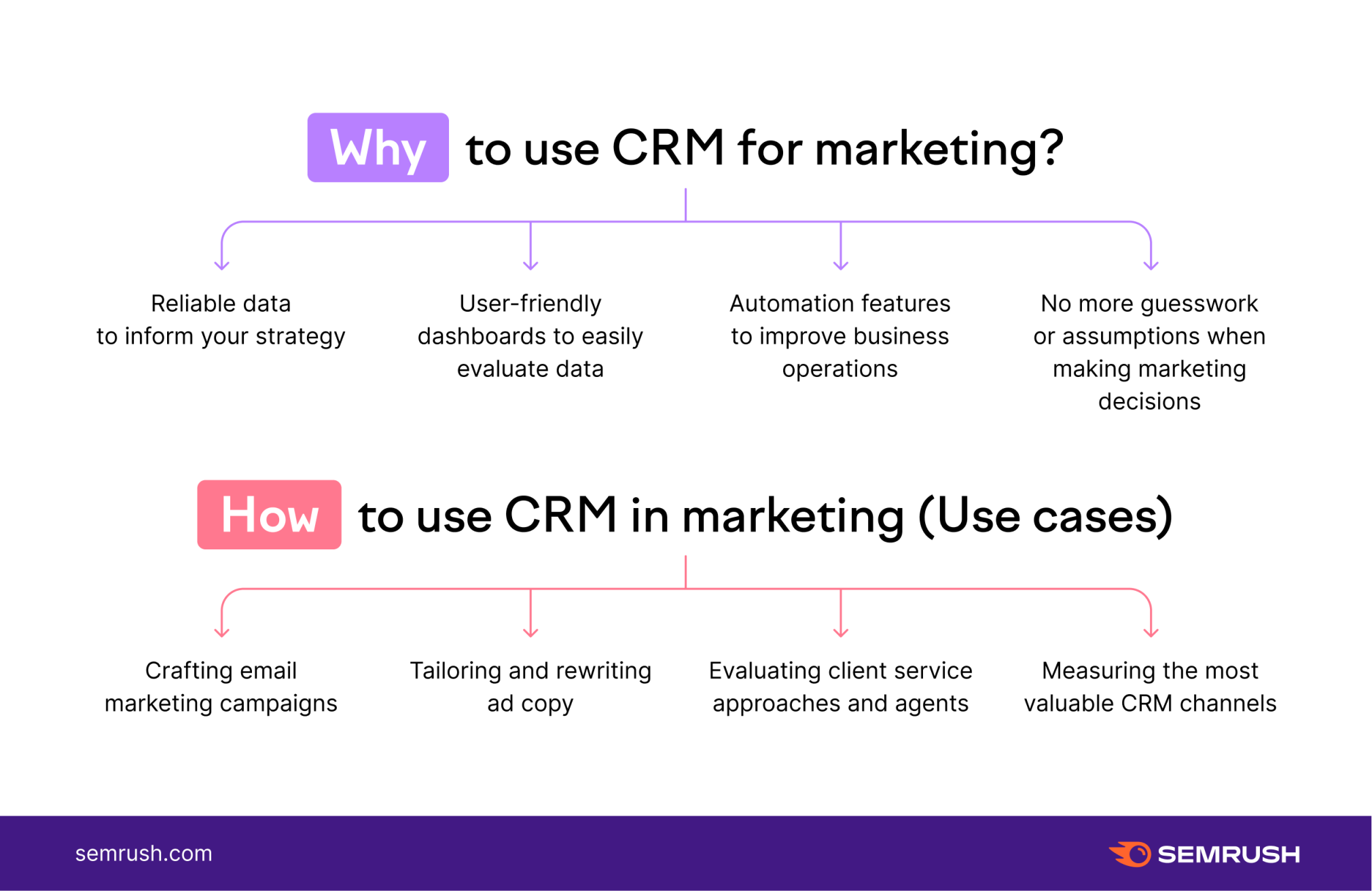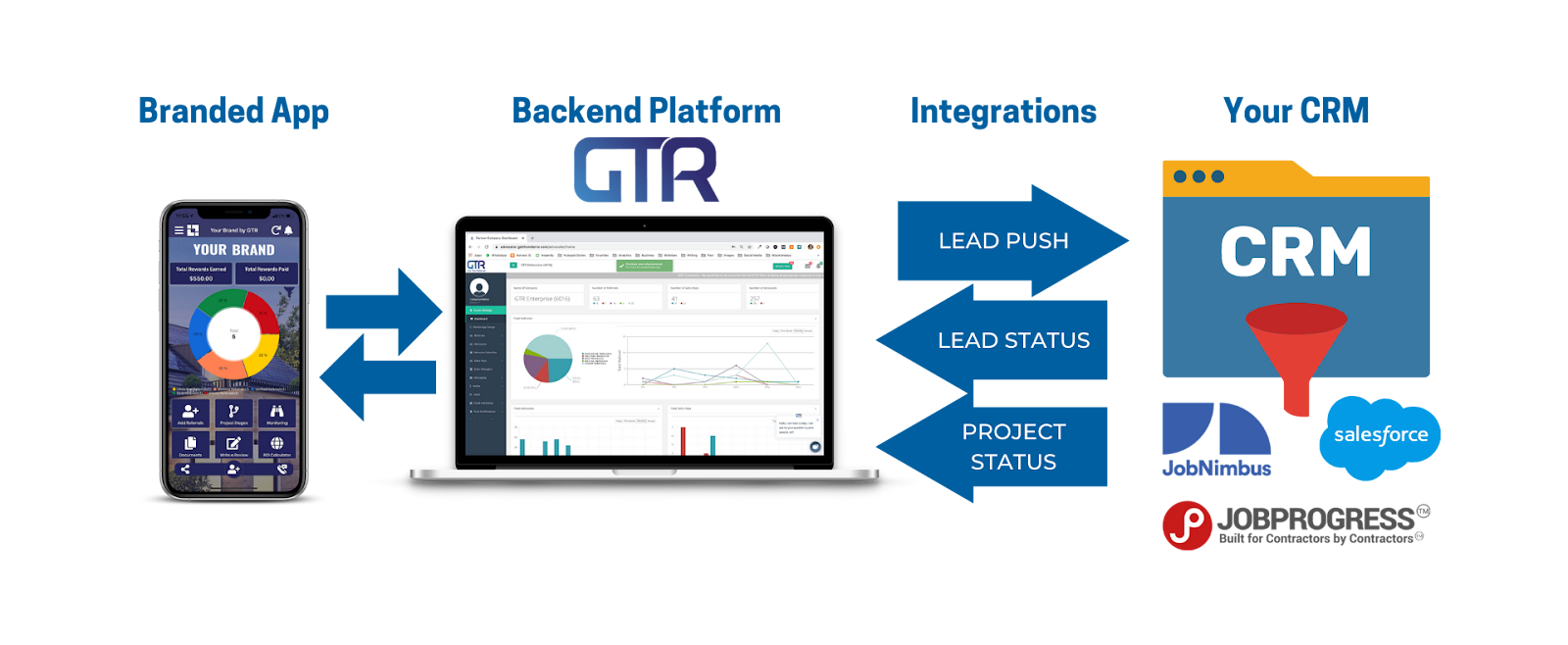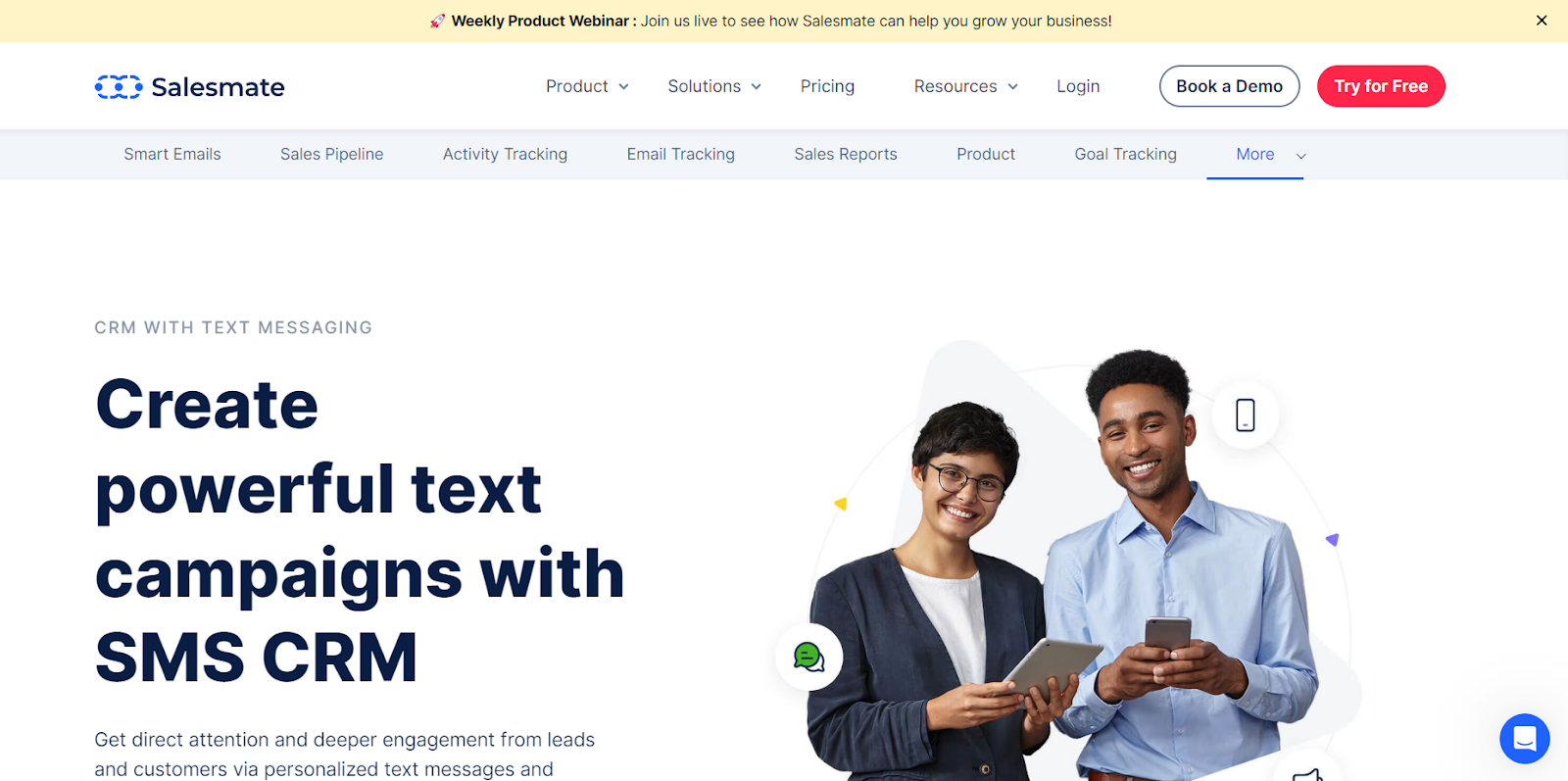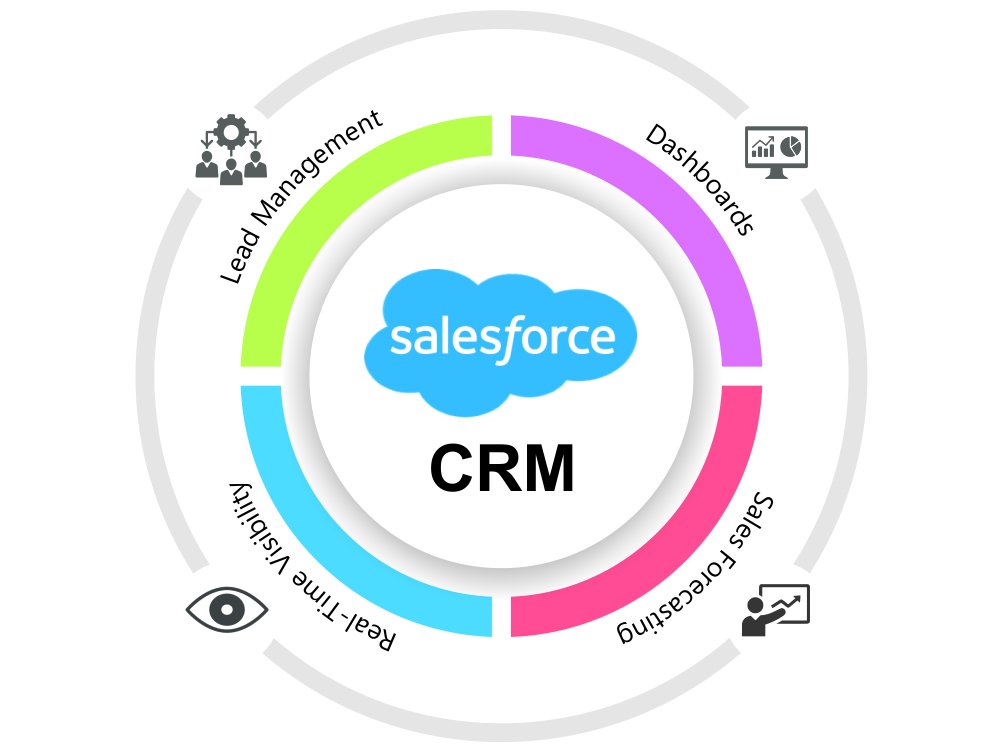Supercharge Your Shopify Store: A Deep Dive into CRM Integration
In the ever-evolving landscape of e-commerce, staying ahead of the curve is paramount. For Shopify store owners, this means not only attracting customers but also nurturing those relationships to foster loyalty and drive repeat business. This is where the power of Customer Relationship Management (CRM) integration comes into play. By seamlessly connecting your Shopify store with a robust CRM system, you can unlock a wealth of data-driven insights, streamline your operations, and ultimately, create a more personalized and rewarding experience for your customers. This article will delve deep into the world of CRM integration with Shopify, exploring its benefits, implementation strategies, and the best tools available to help you succeed.
Understanding the Synergy: Shopify and CRM Working Together
At its core, the relationship between Shopify and a CRM is a symbiotic one. Shopify provides the platform for your online store, handling the e-commerce transactions, product catalogs, and order fulfillment. A CRM, on the other hand, acts as the central hub for managing customer interactions, tracking leads, and analyzing customer behavior. When these two systems are integrated, the data flows seamlessly between them, creating a unified view of your customer journey.
Imagine this: a customer browses your Shopify store, adds items to their cart, and then abandons the purchase. Without CRM integration, this is often where the trail goes cold. However, with integration, the CRM can capture this information, triggering automated follow-up emails to entice the customer back to complete their purchase. This is just one example of the many ways CRM integration can enhance your Shopify store’s performance.
The Core Benefits of CRM Integration
Integrating your Shopify store with a CRM offers a multitude of advantages. Here are some of the key benefits:
- Enhanced Customer Data: CRM integration allows you to capture and consolidate customer data from various touchpoints, including website interactions, purchase history, support tickets, and email communications. This comprehensive view of your customers enables you to understand their preferences, behaviors, and needs more effectively.
- Personalized Marketing: Armed with rich customer data, you can create highly targeted and personalized marketing campaigns. Segment your customer base based on demographics, purchase history, and browsing behavior, and tailor your messaging to resonate with each segment.
- Improved Sales Processes: CRM integration streamlines your sales processes by automating lead nurturing, tracking sales opportunities, and providing sales representatives with real-time customer insights. This leads to increased sales efficiency and a higher conversion rate.
- Streamlined Customer Service: Integrating your CRM with Shopify allows customer service representatives to access a complete history of customer interactions, enabling them to provide faster, more efficient, and more personalized support.
- Automated Workflows: CRM systems often come equipped with automation capabilities. Integrating your CRM with Shopify allows you to automate various tasks, such as order confirmations, shipping notifications, and abandoned cart recovery emails, freeing up your time to focus on other aspects of your business.
- Data-Driven Decision Making: By analyzing the data captured by your CRM, you can gain valuable insights into customer behavior, sales trends, and marketing campaign performance. This data empowers you to make informed decisions about product development, marketing strategies, and overall business operations.
Choosing the Right CRM for Your Shopify Store
Selecting the right CRM is crucial for successful integration with your Shopify store. Several factors should be considered when making your decision:
- Features and Functionality: Evaluate the features and functionality offered by different CRM systems. Consider your specific business needs and choose a CRM that provides the tools you require, such as contact management, sales automation, marketing automation, and customer service features.
- Integration Capabilities: Ensure that the CRM you choose offers seamless integration with Shopify. Look for a CRM that provides a dedicated Shopify integration app or plugin, or one that supports integration through APIs.
- Scalability: Consider the scalability of the CRM. As your business grows, your CRM needs will evolve. Choose a CRM that can accommodate your future growth and handle increasing volumes of data and users.
- Ease of Use: Opt for a CRM that is user-friendly and easy to navigate. A complex CRM system can be time-consuming and challenging to learn, which can hinder adoption and reduce productivity.
- Pricing: Compare the pricing plans of different CRM systems and choose one that fits your budget. Consider the features offered, the number of users supported, and the level of customer support provided.
- Customer Support: Look for a CRM provider that offers excellent customer support. Reliable support is essential if you encounter any issues or have questions about using the system.
Here are some of the leading CRM systems that integrate well with Shopify:
Popular CRM Options for Shopify
- HubSpot CRM: HubSpot CRM is a popular choice for Shopify store owners due to its user-friendly interface, comprehensive features, and generous free plan. It offers robust contact management, sales automation, and marketing automation capabilities, making it a versatile option for businesses of all sizes.
- Zoho CRM: Zoho CRM is another powerful CRM system that integrates seamlessly with Shopify. It offers a wide range of features, including sales force automation, marketing automation, and customer service tools. Zoho CRM is known for its affordability and customization options.
- Salesforce Sales Cloud: Salesforce Sales Cloud is a leading CRM platform used by many large businesses. It offers advanced features and extensive customization options. While it can be more complex than other CRM systems, it provides unparalleled scalability and functionality.
- Klaviyo: While primarily a marketing automation platform, Klaviyo offers excellent integration with Shopify and excels at personalized email marketing, abandoned cart recovery, and customer segmentation.
- ActiveCampaign: ActiveCampaign is a comprehensive marketing automation platform that integrates well with Shopify. It offers advanced features for email marketing, sales automation, and customer relationship management.
Step-by-Step Guide to Integrating Shopify with Your CRM
The specific steps for integrating your Shopify store with a CRM will vary depending on the CRM system you choose. However, the general process typically involves the following steps:
- Choose Your CRM: Select the CRM system that best meets your business needs and budget.
- Install the Shopify Integration App/Plugin: Most CRM systems offer a dedicated Shopify integration app or plugin. Install this app from the Shopify App Store or through your CRM’s settings.
- Connect Your Shopify Store: Follow the instructions provided by the CRM provider to connect your Shopify store to your CRM account. This typically involves entering your Shopify store URL and API credentials.
- Configure Data Synchronization: Define which data you want to synchronize between Shopify and your CRM. This may include customer data, order information, product details, and more.
- Test the Integration: After completing the setup, test the integration to ensure that data is being synchronized correctly. Place a test order in your Shopify store and verify that the order information appears in your CRM.
- Customize and Optimize: Once the integration is working, customize the settings to optimize the data flow and tailor the CRM to your specific business needs.
Detailed Implementation Considerations
Let’s delve into some more specific considerations for the integration process:
- Data Mapping: Carefully map the data fields between Shopify and your CRM to ensure that information is synchronized accurately. This includes mapping customer fields, product fields, and order fields.
- Data Filtering: Implement data filtering rules to control which data is synchronized between the two systems. This can help you avoid unnecessary data clutter and focus on the most relevant information.
- Automation Setup: Configure automated workflows in your CRM to streamline tasks such as sending welcome emails to new customers, triggering abandoned cart recovery emails, and updating customer records.
- Testing and Refinement: Thoroughly test the integration after setup to ensure that data is flowing correctly. Monitor the data synchronization process and make adjustments as needed to optimize performance.
- Security Considerations: Ensure that your CRM integration is secure. Protect your API keys and credentials, and regularly review your security settings to prevent unauthorized access to your data.
Maximizing the Value of CRM Integration for Shopify
Once you’ve successfully integrated your Shopify store with a CRM, the real work begins. To maximize the value of the integration, consider the following strategies:
- Segment Your Customer Base: Leverage the customer data in your CRM to segment your customer base based on demographics, purchase history, and browsing behavior. This enables you to create highly targeted marketing campaigns and personalize your messaging.
- Personalize Your Marketing Efforts: Use the data in your CRM to personalize your marketing emails, website content, and product recommendations. Address customers by name, highlight their past purchases, and offer relevant products and promotions.
- Automate Your Marketing Workflows: Set up automated marketing workflows to nurture leads, re-engage inactive customers, and drive repeat sales. Use automated email sequences to welcome new customers, send abandoned cart recovery emails, and offer exclusive promotions.
- Track and Analyze Your Results: Monitor the performance of your marketing campaigns and sales efforts using the analytics tools in your CRM. Track key metrics such as conversion rates, customer lifetime value, and return on investment to measure the effectiveness of your strategies.
- Train Your Team: Train your sales and customer service teams on how to use the CRM effectively. Provide them with the necessary tools and resources to access customer data, manage leads, and provide personalized support.
- Continuously Optimize: Regularly review your CRM setup and marketing strategies to identify areas for improvement. Experiment with different approaches and analyze the results to optimize your performance.
Addressing Potential Challenges and Troubleshooting
While CRM integration offers many benefits, it’s important to be aware of potential challenges and how to overcome them:
- Data Synchronization Issues: Data synchronization issues can occur if the integration is not properly configured or if there are errors in the data mapping. To resolve these issues, carefully review the integration settings, data mapping rules, and error logs.
- Duplicate Data: Duplicate data can occur if customer records are not properly merged or if the data synchronization process is not configured correctly. To avoid duplicate data, implement data deduplication rules and regularly clean your customer database.
- Integration Errors: Integration errors can occur if there are compatibility issues between Shopify and your CRM, or if there are changes to the API. Monitor your integration for errors and contact your CRM provider or Shopify support for assistance.
- User Adoption Challenges: If your team is not properly trained on how to use the CRM, they may be reluctant to adopt the system. Provide comprehensive training and support to ensure that your team is comfortable using the CRM.
- Data Security Concerns: Data security is a critical concern. Implement robust security measures to protect your customer data, including using strong passwords, enabling two-factor authentication, and regularly reviewing your security settings.
The Future of CRM and Shopify Integration
The integration of CRM systems with e-commerce platforms like Shopify is a constantly evolving field. As technology advances, we can expect to see even deeper and more sophisticated integrations in the future. Some trends to watch include:
- AI-Powered CRM: Artificial intelligence (AI) is already playing a significant role in CRM, and its influence will only continue to grow. AI-powered CRM systems can analyze customer data to provide more personalized recommendations, predict customer behavior, and automate tasks.
- Enhanced Personalization: As customers demand more personalized experiences, CRM systems will become even better at delivering tailored content, product recommendations, and offers.
- Omnichannel Integration: Businesses will increasingly focus on providing seamless customer experiences across multiple channels, including email, social media, live chat, and phone. CRM systems will play a critical role in integrating these channels.
- Advanced Analytics: CRM systems will offer more sophisticated analytics capabilities, allowing businesses to gain deeper insights into customer behavior, sales trends, and marketing campaign performance.
- No-Code/Low-Code Integrations: The rise of no-code and low-code platforms will make it easier for businesses to integrate their CRM systems with Shopify and other third-party applications without requiring extensive coding expertise.
Conclusion: Embracing the Power of Integration
CRM integration with Shopify is no longer a luxury; it’s a necessity for businesses looking to thrive in today’s competitive e-commerce landscape. By seamlessly connecting your Shopify store with a robust CRM system, you can unlock a wealth of data-driven insights, streamline your operations, and create more personalized and rewarding experiences for your customers.
By understanding the benefits, choosing the right CRM, and implementing the integration effectively, you can transform your customer relationships, drive sales, and build a loyal customer base. Embrace the power of integration and take your Shopify store to the next level!





